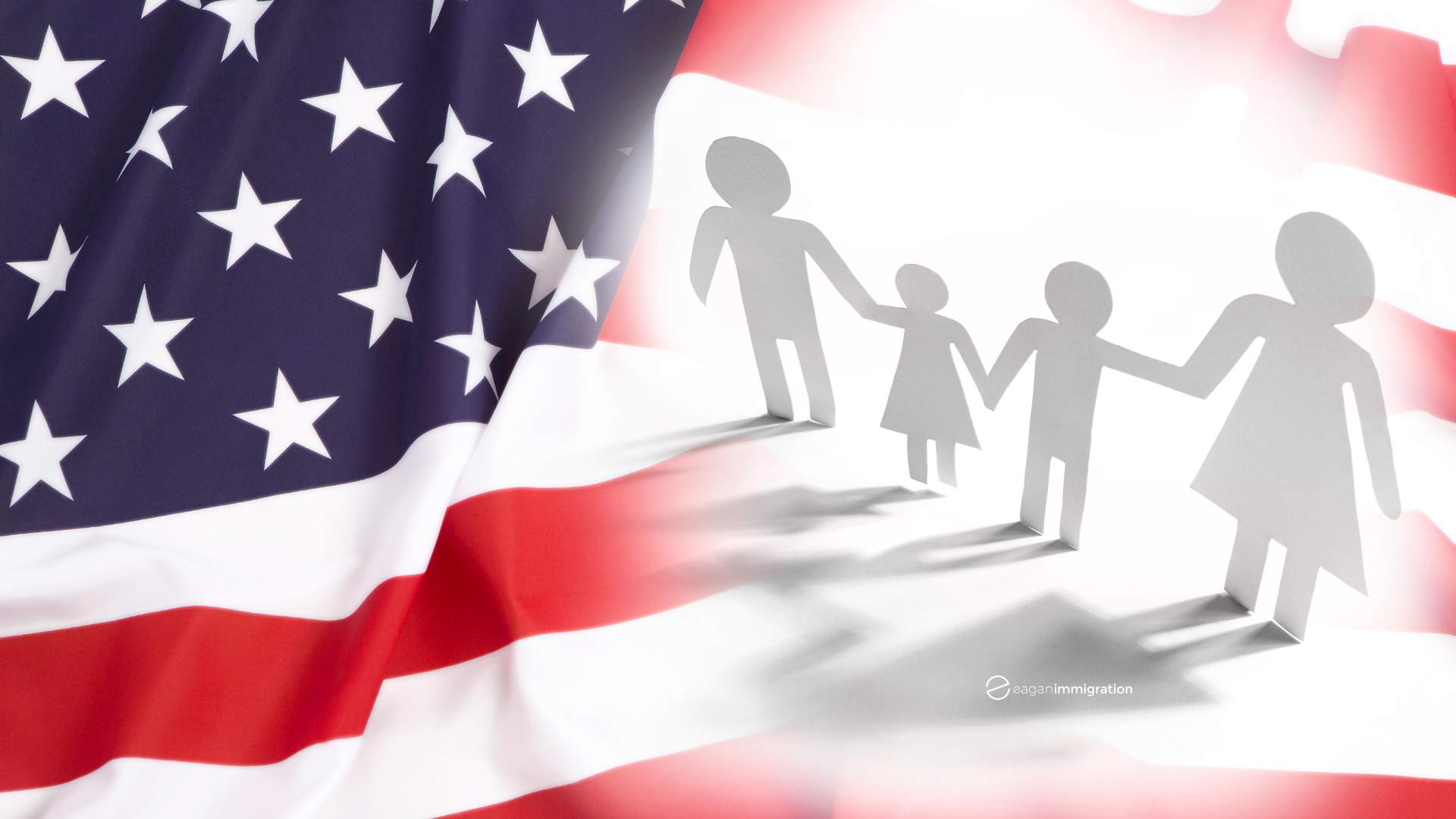What’s Really Happening with Birthright Citizenship in the U.S.
- Individual Immigration

Is birthright citizenship still guaranteed in the United States? That question, once thought settled by the 14th Amendment, has been thrust into uncertainty by a new executive order issued on the first day of President Trump’s return to office. The order challenges a fundamental principle of U.S. law: that any child born on U.S. soil is automatically a citizen, regardless of their parents’ immigration status.
In response, 22 states filed lawsuits to block the order leading to a pivotal Supreme Court decision that now leaves millions of immigrant families confused and concerned. The ruling has created a divided reality: babies born in some states remain protected, while those born in others may be denied basic citizenship rights like a birth certificate or Social Security number.
In this post, we break down what’s happening, what the Supreme Court decided, which states are affected, and, most importantly, what you need to do if you or someone you love is expecting a child in the United States in the coming weeks.
-
Trump’s Executive Order vs. the 14th Amendment
On January 20, 2025, President Trump issued an Executive Order, aiming to revoke automatic citizenship for U.S.-born children whose parents are neither citizens nor permanent residents.
However, the 14th Amendment clearly guarantees: “All persons born … in the United States … are citizens of the United States.”
-
Legal Pushback: Who Filed Suit?
22 states, plus the District of Columbia, filed lawsuits challenging the order as unconstitutional. These states include:
States that sued:
- Arizona
- California
- Colorado
- Connecticut
- Delaware
- Hawaii
- Illinois
- Maine
- Massachusetts
- Michigan
- Minnesota
- New Jersey
- New Mexico
- New York
- Oregon
- Pennsylvania
- Rhode Island
- Vermont
- Washington
- Wisconsin
- Plus Washington, D.C.
28 states currently not in suit: all remaining states across the South, much of the Midwest and Southeast.
A federal judge issued nationwide injunctions, blocking enforcement while legal review continued.
-
Supreme Court Ruling — Limited Injunctions
On June 27, 2025, the U.S. Supreme Court ruled 6–3 that lower courts do not have the authority to issue nationwide injunctions, only injunctions applicable to specific plaintiffs unless a class-action is certified
The Court did not determine if the executive order is constitutional, only refined who the injunctions apply to.
- What This Affects in the Real World
- In the 22 states (plus D.C.): Babies born there remain U.S. citizens, enjoying birth certificates, Social Security numbers, Medicaid, SNAP, etc.
- In the 28 other states: After a 30-day grace period (until ~July 27, 2025), the executive order could be enforced unless:
- A class-action lawsuit is filed and certified;
- You actively join it; and
- A judge issues a new injunction.
If not, babies born after July 27 may not receive birth certificates, SSNs, benefits, and could even face deportation risk.
- What Parents Should Do Now
- Confirm your state: Is it one of the 22 that sued?
- Speak with a qualified immigration attorney before or soon after giving birth.
- Stay informed: cases are still pending in lower courts that may expand protections
-
Groups File Nationwide Class-Action Lawsuit Over Trump Birthright Citizenship Order
Immigrants rights’ advocates filed a new nationwide class-action lawsuit challenging the Trump administration’s executive order restricting birthright citizenship. The lawsuit is in response to Supreme Court’s ruling that potentially opens the door for partial enforcement of the executive order.
This new case was filed by the American Civil Liberties Union, ACLU of New Hampshire, ACLU of Maine, ACLU of Massachusetts, Legal Defense Fund, Asian Law Caucus, and Democracy Defenders Fund on behalf of a proposed class of babies subject to the executive order, and their parents.
The same group of organizations filed a similar suit in January 2025 in the same court, on behalf of groups with members whose babies born on U.S. soil will be denied citizenship under the order, including New Hampshire Indonesian Community Support, League of United Latin American Citizens (LULAC), and Make the Road New York. The court issued a ruling protecting members of those organizations, and that case is pending at the First Circuit Court of Appeals, with oral argument set for August 1.
7. Why This Ruling Matters
This patchwork ruling disrupts the certainty of jus soli (birthright citizenship). Two children born in the same hospital could have different legal outcomes based solely on state lines or legal access. This threatens the principle of equality guaranteed by the Constitution.
🧭 Bottom Line for Expecting Parents
If you’re undocumented or on a visa and expecting a baby in the U.S., your child’s citizenship and their future may depend on where and when they’re born.
- 📍 In one of the 22 states that sued → citizenship protected.
- 📍 In one of the other 28 states → act now to ensure your baby’s rights.


